Start with AHJ Engagement
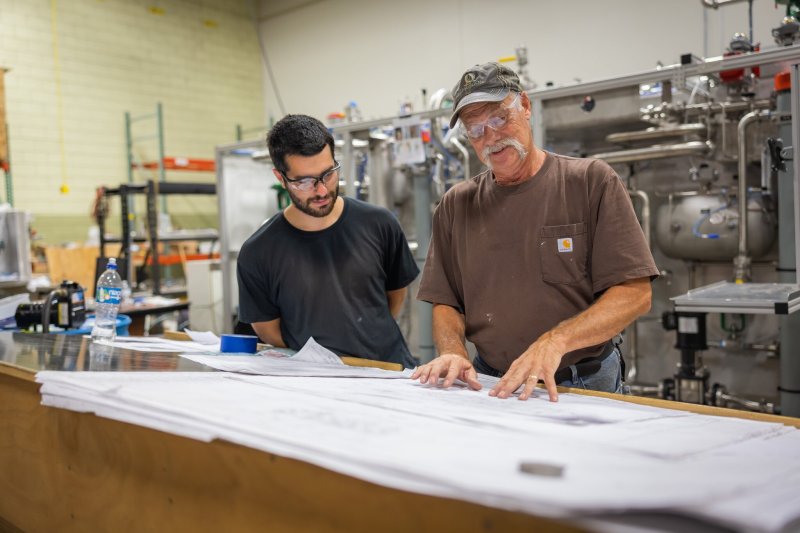
For startups working in specialty chemicals, advanced materials, or energy storage, the transition from lab to pilot plant presents many challenges. Among the most underestimated is regulatory compliance. At Re:Build Optimation, we have seen how early engagement with the Authority Having Jurisdiction (AHJ) often determines whether a project progresses smoothly or faces costly delays. This blog draws on real-world engineering experience and outlines a practical approach to the occupancy permitting process. Startups that take a proactive approach not only avoid rework and reclassification issues, but also gain credibility with regulators, community stakeholders, and potential investors.
Tramming Rods
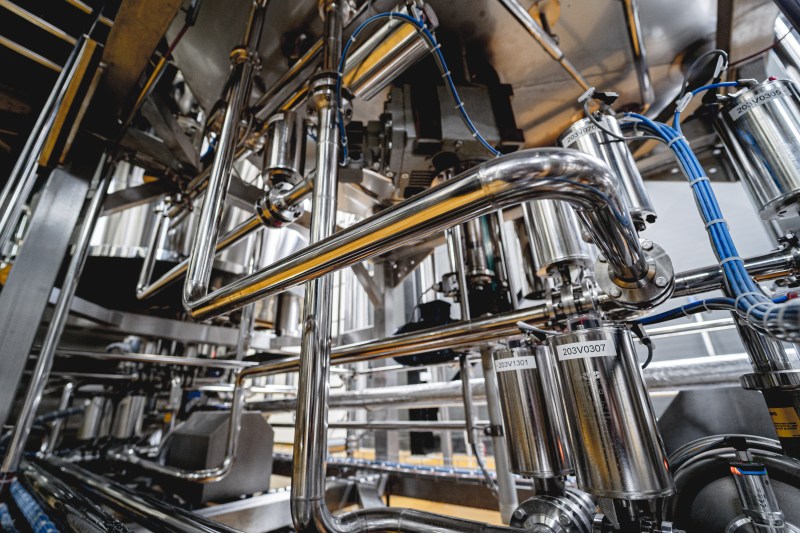
High-quality, custom engineered and manufactured systems for hydrogen generation, fuel cells, electrolyzers, reformers, end of line test, and dispensing.
Web Handling White Papers
Web Handling White Papers Air Conveyance The Fluid-Structure Interaction in Supporting a Thin Flexible Cylindrical Web With An Air Cushion This white paper presents a theoretical and experimental investigation into the dynamic behavior of thin web materials, such as plastic films or paper, as they interact with surrounding airflow during high-speed transport. The study focuses on […]
White Paper: Chemical Manufacturing Scale-Up
WHITE PAPER Safe Scaling: A Process Safety Playbook for Chemical Manufacturers Scaling up in chemical manufacturing isn’t just about boosting output, it’s a high-stakes transition that introduces new equipment, materials, and hazards. This in-depth white paper offers a practical guide for integrating Process Safety Management (PSM) into scale-up projects to protect people, processes, and profitability. […]
Process Scale-Up Prioritizes Reliability, Not Perfection
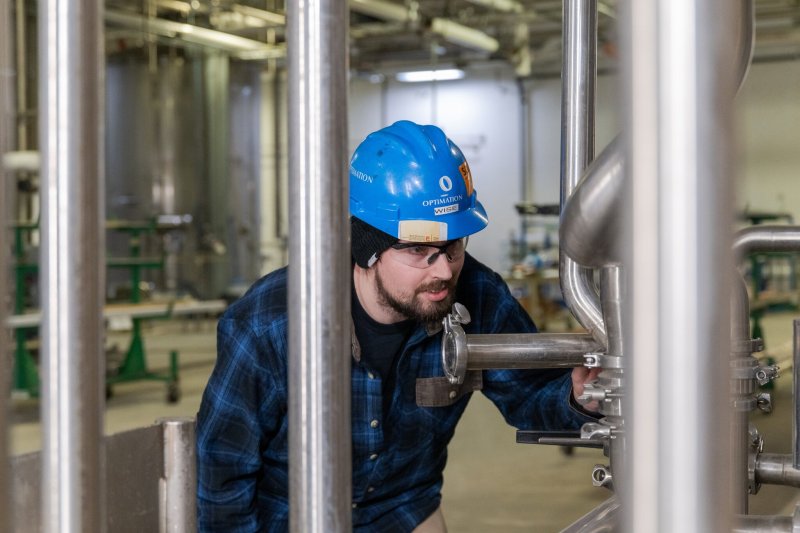
When chemical manufacturers begin planning a process scale-up, they often bring with them a mindset rooted in optimization. What is the most efficient reaction time? The ideal flow rate? The perfect temperature? These are valuable questions in the lab, where experimentation is safe and manageable. However, as you move from bench-scale experiments to commercial production, the focus must shift.
Why Safety Is a Smart Growth Strategy for Chemical Manufacturers
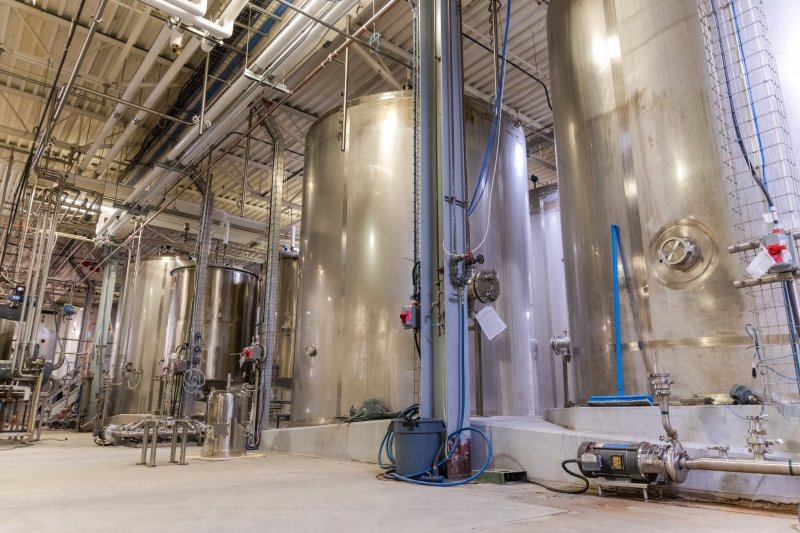
As specialty chemical manufacturers scale operations to meet rising demand, introduce new products, or expand into new markets, they often face a hidden challenge that can derail growth entirely: process safety. Scaling is not just about producing more. It introduces new materials, more complex systems, and greater operational risks. While increasing capacity is a business goal, managing safety is a business imperative. That is where Process Safety Management (PSM) becomes essential.
White Paper: Mitigating Risk in Hydrogen Manufacturing
WHITE PAPER Mitigating Risk in Hydrogen Manufacturing Hydrogen manufacturing is fueling the clean energy transition, but not without risk. As demand for hydrogen grows, so do the safety, environmental, financial, and operational challenges that come with producing, storing, and distributing this volatile energy source. This white paper explores the hidden risks of hydrogen manufacturing and […]
Why the Best Chemical Manufacturers Don’t Do It Alone
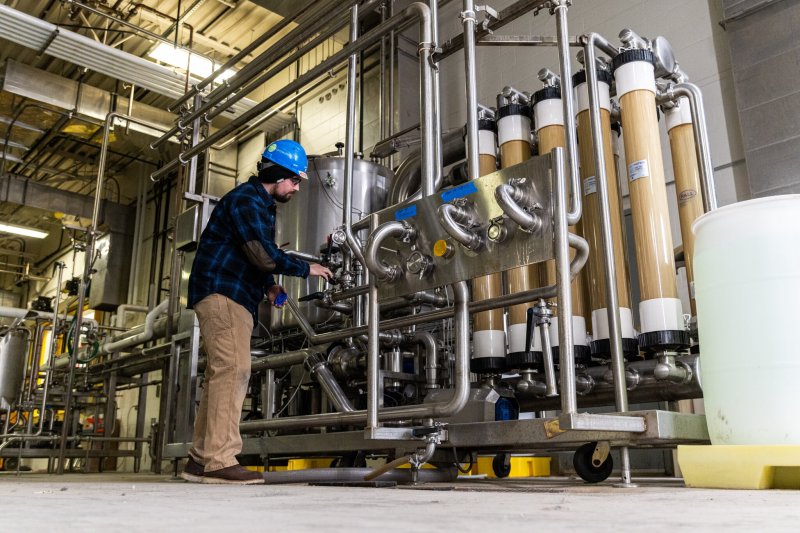
When faced with the choice of purchasing prebuilt, commercially available machinery versus opting for custom-built solutions, engineers must weigh their options carefully. Both paths have merits, but investing in customized machinery offers distinct advantages that can significantly enhance operational efficiency and drive business growth. As the manufacturing landscape evolves, the limitations of off-the-shelf solutions become increasingly apparent, making customized machinery not just a viable option, but often the optimal choice.
The Ultimate Chemical Manufacturing Scale-Up Checklist

Successfully scaling up specialty chemical production requires careful planning, safety-first execution, and expert collaboration. This blog explores the top five challenges companies face when scaling specialty chemical production and provides solutions and a checklist to help manufacturers avoid costly mistakes.
The Strategic Payoff of Custom-Built Machinery

When faced with the choice of purchasing prebuilt, commercially available machinery versus opting for custom-built solutions, engineers must weigh their options carefully. Both paths have merits, but investing in customized machinery offers distinct advantages that can significantly enhance operational efficiency and drive business growth. As the manufacturing landscape evolves, the limitations of off-the-shelf solutions become increasingly apparent, making customized machinery not just a viable option, but often the optimal choice.
